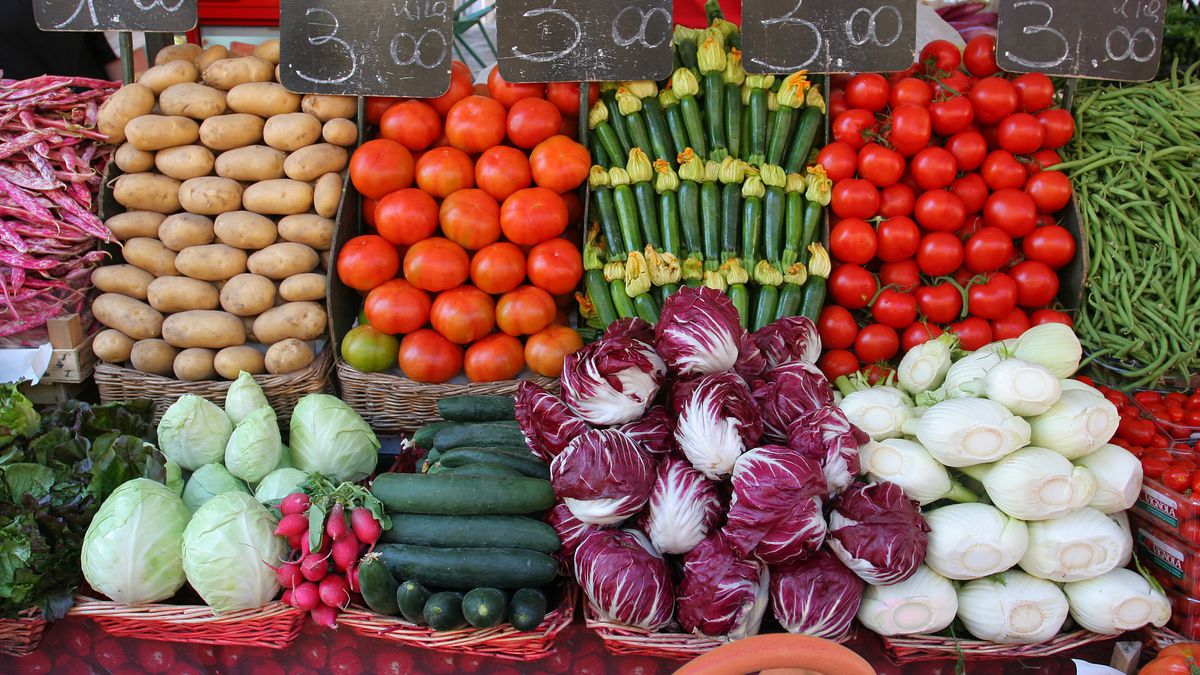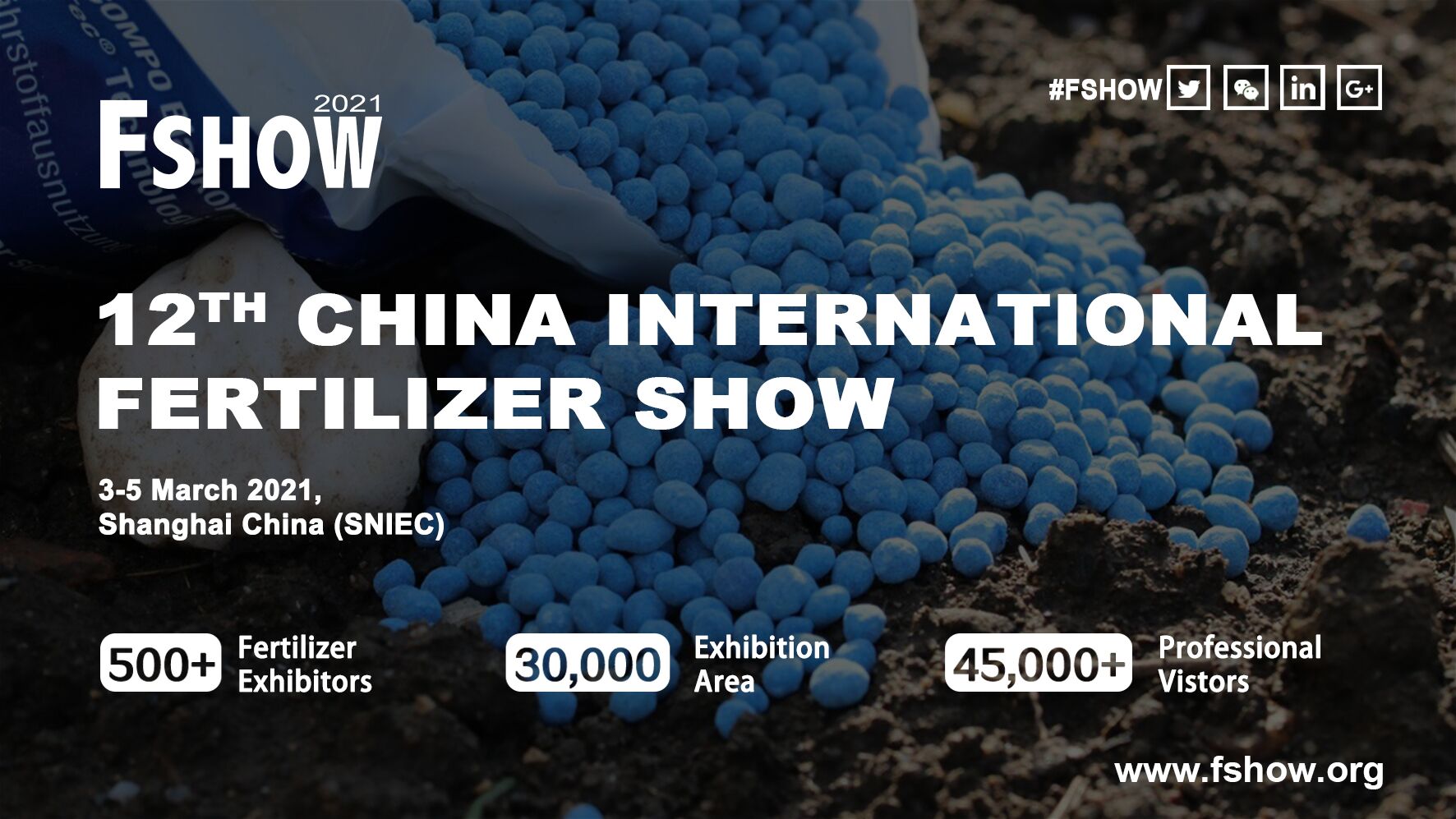
Exhibition time: 17-19 March, 2026 Shanghai, China
 中文
中文

Exhibition time: 17-19 March, 2026 Shanghai, China
 中文
中文
Fertilizers Europe accepts the challenge to reduce nutrient losses for resilient food system

Brussels, 20 May 2020: The European fertilizer sector is committed to work hand-in-hand with farmers to maintain a productive agriculture while accepting the need for an environmentally-friendly food chain. However, the Farm to Fork strategy target is too ambitious in the proposed time frame given achievable farm practices. Reducing nutrient losses can best be done by increasing nutrient use efficiency and setting up nutrient management plans as well as development and uptake of on-farm precise fertilization techniques. As 50 % of global food production is down to the use of mineral fertilizers, the sector plays a vital role in ensuring a resilient European agriculture and in providing EU citizens with affordable and nutritious food.
The European fertilizer industry accepts the challenge to reduce environmental impact of nutrients put forward by the Commission in the Farm to Fork strategy, but underlines that the proposed target is too ambitious in the proposed timeframe given achievable farm practices. Furthermore, the proposed level of ambition will need to be matched by an adequate level of support.
Jacob Hansen, Director General of Fertilizers Europe commented “increased nutrient use efficiency will be key to meet Europe’s ambitious goal of reducing nutrient losses while ensuring no deterioration of soil fertility. The Commission’s proposal to develop an Integrated Nutrient Management Action Plan is a step in the right direction, triggering more balanced fertilisation and more sustainable nutrient management across Europe. The Nitrogen Use Efficiency Indicator developed by the Nitrogen Expert Panel¹ offers ready-to-use solutions to ensure more efficient nitrogen use in food production. We are committed to working hand-in-hand with farmers on this matter.”
“I have taken good note that the new strategy includes all nutrient sources both mineral and organic”, said Jacob Hansen. He added “it is of huge importance that the policy-makers recognise the difference in nutrient losses across the EU. The ‘one-fits-all’ approach will not work. Instead, Europe must work with Member States to adopt a regional approach, identifying nutrient pollution problem areas and putting forward targeted actions to address nutrient excess according to local circumstances²”.
The recent COVID-19 outbreak has highlighted the importance of a resilient farming and food industry in Europe. Jacob Hansen said “in the fertilizer sector we are proud to have contributed to the continued operation of the food chain, ensuring that European consumers also in the future will have food on their plates”. He also stressed that “to ensure timely and undisturbed supply of quality mineral fertilizers in Europe, we must maintain a strong, efficient and innovative base industry of mineral fertilizer production across the EU”.
European fertilizer industry is continuously looking for ways to help farming community improve its sustainability footprint. Jacob Hansen said, “our industry actively supports various initiatives such as the Cool Farm Tool³, meant to help drive change in the agri-food sector value chain towards resource efficiency and climate mitigation, important policy goals for Fertilizers Europe and its members”.
